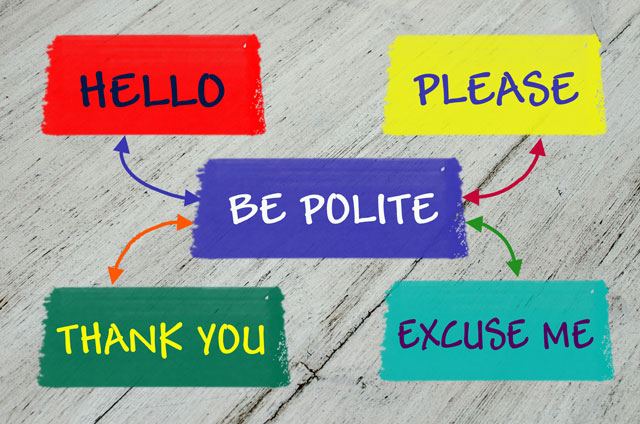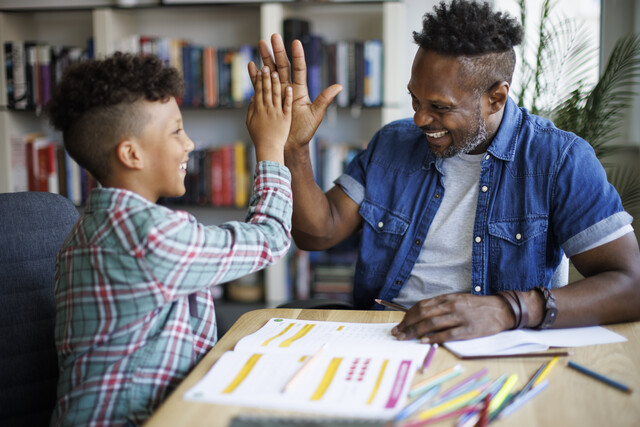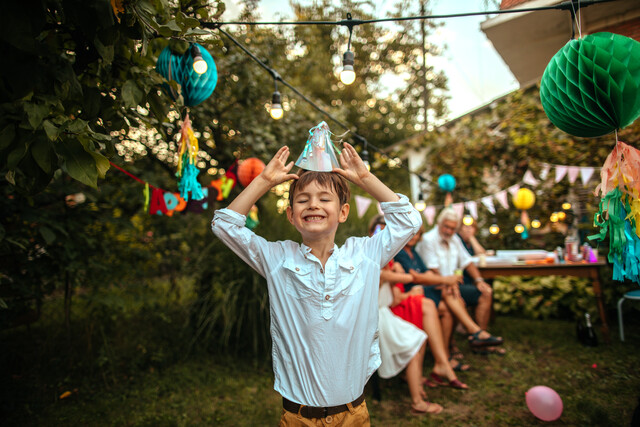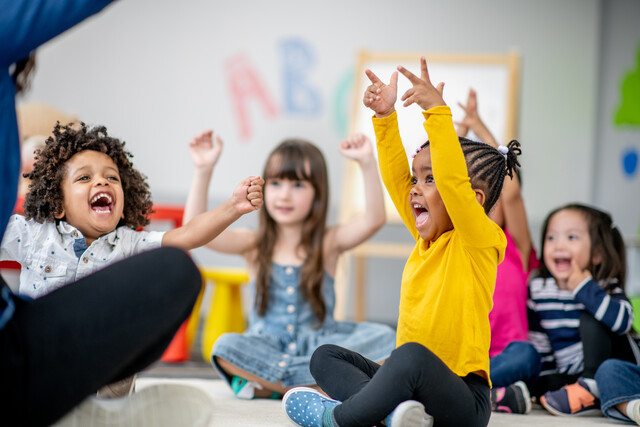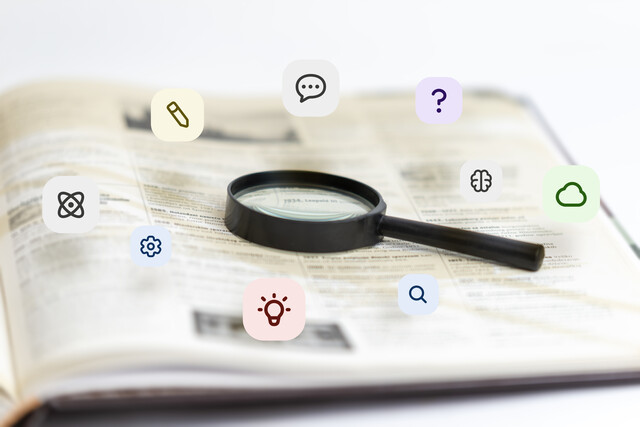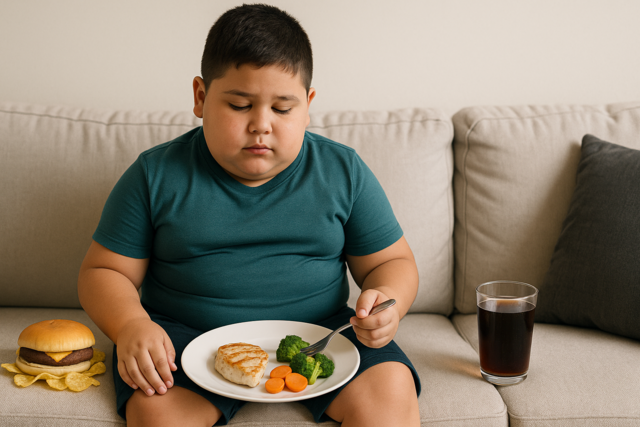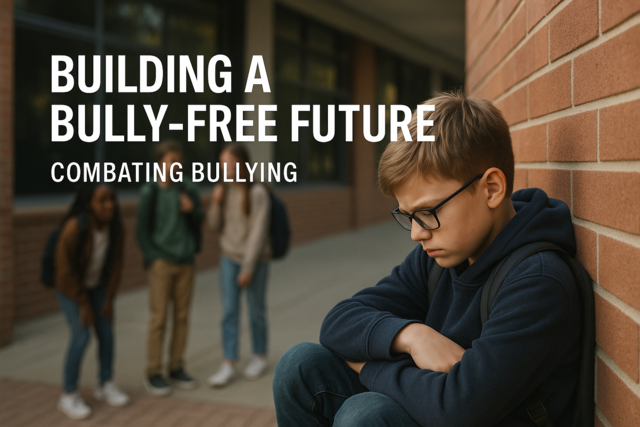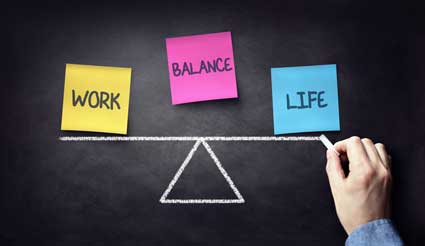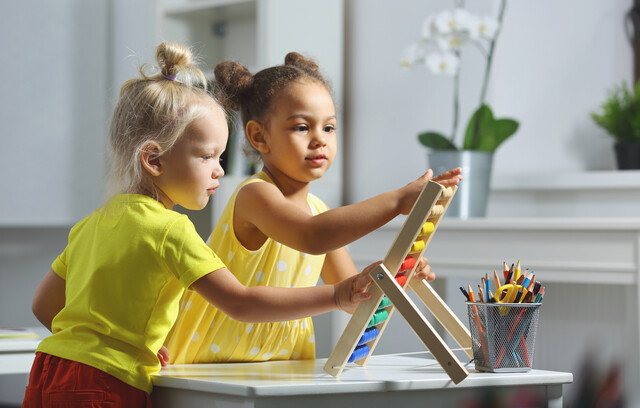One major concern of parents with teenagers, especially in recent years, relate to the social aspects of their teen's life. In the past, most parental concerns about teenagers revolve around the concepts of peer pressure and underage drinking. Unfortunately, parents now must be more aware than ever of the very real threats of suicide, sexual assault, and drug usage. Some of these choices your children must make are extraordinarily hard and it is often irrational and unnecessary for them to even be in the situations they face. Nevertheless, as a parent, it is your responsibility to educate yourself on the realities of being a teen in these difficult times.
Socializing is likely to be very important to your teen and happens to be equally important for your teen's development and their ongoing process to become successful adults. Many people who are shy or have other personality types that are not heavily social may need an extra boost from their parents to break out of their comfort zone and learn how to interact socially. These skills will benefit the teen throughout their entire life. Nevertheless, not all socialization is equal. Let us examine a few of the common types of relationships a teenager may have:
- The party friends. These are exactly what they sound like, boys and girls who like to party and are often the life of the party. It is perfectly logical for your teen to want to befriend these people, especially when they look like they are having such a wonderful time.
- The school acquaintance. Those unlucky enough to fall under this category are typically the kind of kids that your teenagers might mock or just ignore in a social setting outside of school property. Nevertheless, they maintain some relationship with these individuals as it may benefit them in their academic endeavors.
- The best friends. This group may be very large or very small, all depending upon the level of disclosure that your child is comfortable with. It is much more common now for teens to be very open about personal information that in the past they might have only shared with one or two people. To that end, the "best friends" group is truly more of a "good friends" group.
- The trusted friends. These are the young men and women that your teen truly trusts, usually with their physical safety and emotional well being. The trusted friends are usually the closest friends your child has although they may not even be the ones they see the most frequently.
- The frenemies. Frenemies are individuals that act like a friend in some ways but behave like an enemy in other ways (similar to the concept of the backstabber). The frenemies are usually more overt in their actions and can often be the reason that a group of friends begins to break apart.
- The bullies. Bullies are exactly like they have always been - ready to wreak havoc and destroy people's hearts and dreams. Unfortunately, bullies now have the Internet at their disposal along with the school environment.
- The bullied. Chances are excellent that at one point or another, your beloved and precious son or daughter has attempted to tear down the self-esteem of someone else. If it is brought to your attention that your child has become a bully, act quickly and surely as it is imperative (both to their future and to your sanity) that you shut down any potential way your child could bully again. While immediate intervention is helpful in stopping the immediate bullying, ongoing visits to a counselor may be an appropriate way for a bully to reconnect with their compassion and cease tearing others down.
If any of this sounds ridiculous, confusing, or irrational, imagine what it must be like for your teen who is living it. From the outside looking in, you may be unable to distinguish between a frenemy and a best friend; unfortunately, there will be many times when your child is unable to distinguish between them as well. Friendships are incredibly important to the development of your teenage child. That said, it does not mean that every teenager has and/or needs all of these types of friends (or wants them) or even that they need several friends. For many teens, having one or two trusted friends is preferable to having scores of party friends and school acquaintances. The downside of having a small group of really great friends is that when there is an upset between your child and a friend, or between the friend group as a whole, it can be extremely emotionally distressing.
If there comes a time when your teenager's friendships and feelings about those friendships seem incomprehensible to you, simply remember that they are likely feeling rejected by the people who know them the most. As much as your influence as a parent is more powerful than the influence of friends, you are likely to spend several years in the dark about many of your teen's thoughts and feelings. Their closest friends, however, are likely to know their biggest hopes, their deepest fears, and everything in between. To feel that that friendship is ending or that person no longer cares can feel catastrophic to a teenager.
Just as friendships are very important to a teenager, the behavior of their other peers can play a huge role in how they feel about them selves as well. Specifically, bullying is a major problem and affects the mental and emotional well being of numerous teenagers. While the classic image of a bully involves lunch money and swirlies, the modern bully poses a much greater threat to your child.
As a parent, it is your responsibility to help equip your child to deal with bullies (as well as to not become one). Part of this is done long before a specific bully ever becomes a problem; helping your teen build healthy and strong self esteem can play a critical role in how they handle being the target of a bully. While many parents generously dole out praise to their younger children, they frequently forget to complement and praise those same children as they move into their tween and teen years. Regardless of any misbehavior on the part of your child, put forth the effort into identifying and praising some aspect of who they are or positive things they do on a regular basis. If you find that your child makes repeated remarks where they belittle themselves, do not allow this behavior. While you should inform your child that they are negative thoughts are untrue, also ask them the reasons they have those thoughts or feel the way that they do. Help identify the problem at its core in order to help your child develop a more accurate idea about who they are.
The second role a good parent should play when it comes to bullying is to empower their child when they have become the target of a bully. If your child tells you that they are being targeted by a bully, it is perfectly natural for you to respond to this news strongly and negatively. But proceed with caution as your response will teach your child how you handle upsetting news; it thus implies to them how they should handle these situations. Demonstrate to your child that it is important for both you and them to be a strong advocate for who they are and the respect they should be given by others. This does not, however, give you free license to overreact, no matter how frustrating and wrong it is for someone to treat your child that way.
To appropriately respond to a bully, you must first make an assessment about the severity of the bullying and whether or not your individual child can or should handle the situation on their own. This does not mean that you do not get involved, nor does it mean that they should just deal with it. Rather, you're taking the opportunity for your child to learn how to advocate for his or herself. If it needs to be reported to a principle, teacher, or counselor, encourage your child to do so. Help them decide who to talk to and what they should say. Then allow them to handle it, following up with them to make sure they do so.
Regrettably, school is no longer where the vast majority of bullying occurs. Social media sites such as Facebook have delivered a new level of bullying. Even the cruelest teen may hold back when face to face with their intended victim. With social media, teens and adults alike are presented with opportunities to belittle and denigrate others with little consequence and without having to look their victims in the eye. In an age where social media has become so prevalent, it is unrealistic to expect your child to simply ignore or not care about the things that are said about them online.






